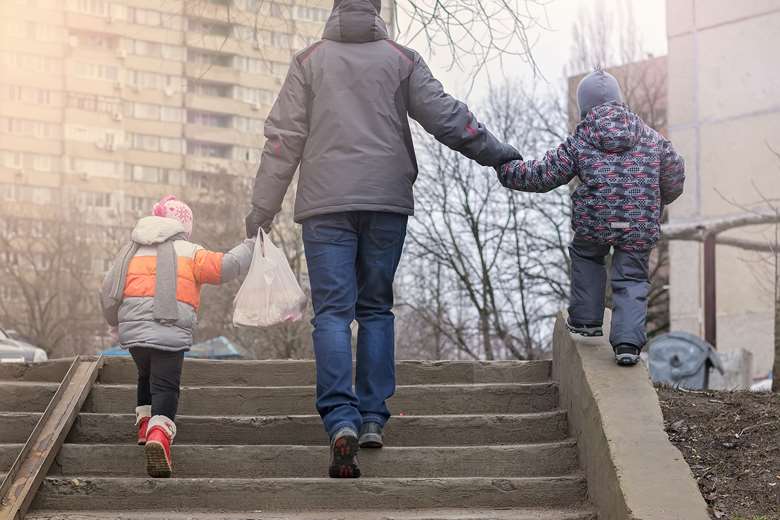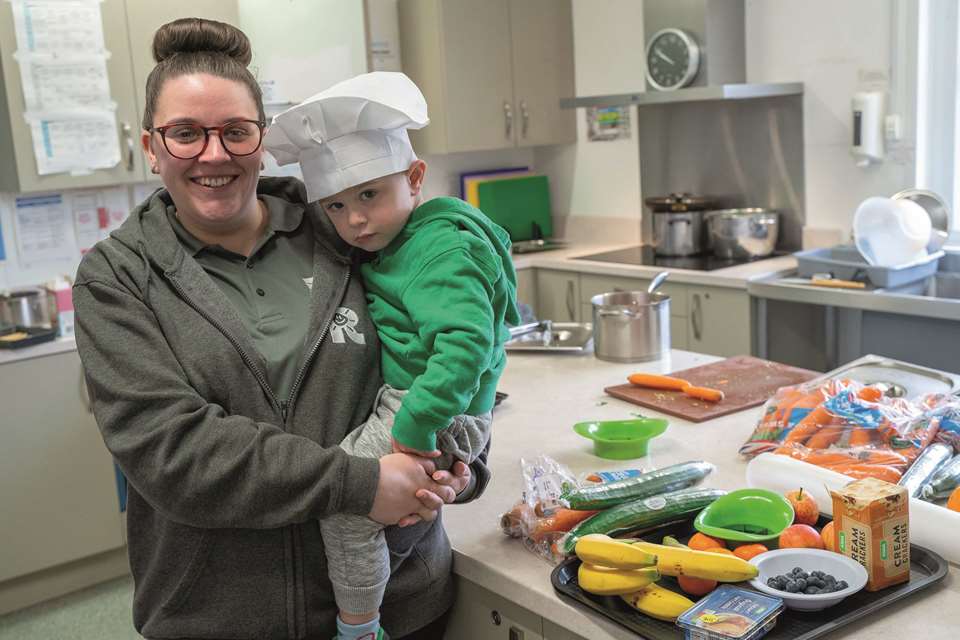Children in the North of England most impacted by economic crisis, warn MPs
Katy Morton
Tuesday, January 24, 2023
Children in the North of England are among the most vulnerable to the cost of living crisis, finds new research.

The report from the All-Party Parliamentary Group (APPPG) Child of the North shows that child poverty, including fuel poverty and food insecurity, is higher in the North than the rest of England. It warns that for many families, the current economic chaos will deepen an ‘enduring’ child poverty crisis in the region.
Key findings of ‘Child Poverty and the Cost of Living Crisis’ include:
- During the pandemic, 34 per cent of children in the North, around 900,000, were living in poverty, compared with 28 per cent in the rest of England. This equates to 160,000 extra children in poverty in the North.
- Before the cost-of-living crisis, around one million households, or 15 per cent, in the North were fuel poor, compared to 12 per cent in the rest of the country.
- In Yorkshire and the Humber and the North East, child poverty is now the highest it has been since 2000/2001.
- Families in the North are more likely to be living in poor quality, damp homes.
'Vulnerable children and families, especially in the North, are being pushed to the edge.'
Emma Lewell-Buck, MP and co-chair of the APPG Child of the North, said, ‘While poverty is, sadly, not a new experience for many children in the North, the scale and severity of deprivation is now unprecedented. As the cost-of-living crisis worsens, vulnerable children and families, especially in the North, are being pushed to the edge. This report outlines the injustice of deprivation in our country and presents policy measures that, if implemented, could ensure that children in our region are never left hungry, cold or without.’
The report was put together by experts from northern organisations and universities for the APPG Child of the North.
Co-author David Taylor Robinson, professor of public health and policy at the University of Liverpool, commented, ‘Poverty is the key driver of inequalities between children in the North and the rest of the country, which we know leads to worse physical and mental health, poorer educational attainment and life chances. All children, no matter where they are born, should be entitled to the same life chances. However, we know this sadly isn’t the case. The pandemic contributed to widening inequalities and now the rising cost of living will place further strain on families with children.
‘Parents across the North are having to go without meals to feed their children, and the situation will only get worse unless policies are put in place to ensure families have enough support to keep their children fed and warm.’
The report concludes by putting forward a number of recommendations to Government to ensure families with children have enough money and security of income to meet basic needs, they include:
- Increasing benefits in line with inflation at the earliest opportunity and commit to ensure that benefits rise in a timely way in line with inflation long-term.
- Immediately pause the Universal Credit five-week minimum wait, sanctions and deductions for families for the next six months when this can be reviewed.
- Expand free school meals (FSM) to all children whose families are in receipt of universal credit, with an ambition of achieving free school meals for all primary pupils.
- Expand the Healthy Start Scheme to all families on universal credit to help children under school age, and commit to increase the value in line with inflation.
- Use existing data to auto-enrol all eligible pupils for FSMs (rather than relying on families, schools and local authorities to do this)
- Ensure that there is a joined-up and place-based approach within national government to address child poverty and the cost-of-living crisis.
- Prioritise the development of an integrated health inequalities strategy as part of ‘levelling up’, with an explicit focus on children and addressing child poverty, and including action to ‘poverty-proof’ schools.
- The report is available here






